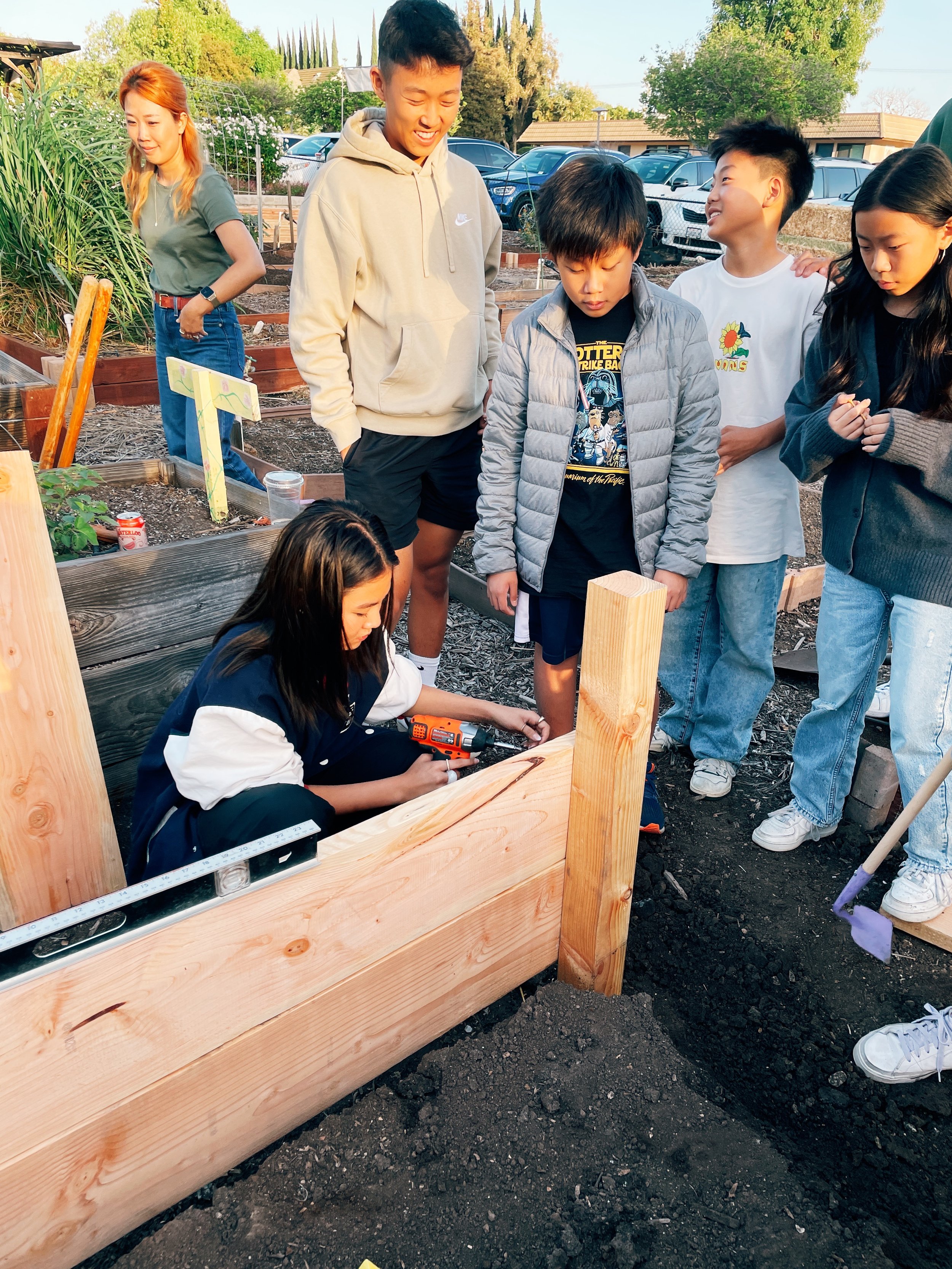EKKO Youth | October 2022
We began October by delving into the creation stories of humanity—namely, Adam and Eve: the firstborn of humankind. And we see that Adam is first and foremost created out of dirt (in Hebrew, it is adamah or “earth”). When we evaluate or perceive dirt with our eyes, we tend to judge based on what we see or observe: dirty, musty, clumpy. And yet, what we see in Genesis is not God creating out of what he sees in the material, but what he sees in the Spirit—that that same dirt which is dirty or musty on the surface holds life-giving, limitless possibilities. And it’s that prophetic imagination that allows God to create a human being in his own image.
Out of that earth-borne man, we find that God extracts a rib by which to create an ezer, a “helper” whose name is Eve. But unlike our modern understandings of helpers, an ezer was meant to be the man’s equal, his strength when he is weak, his encouragement when he’s discouraged. Man and woman, equal to one another, serving and loving and creating alongside one another in creation. Just like seeds that are extracted from tomatoes will create tomatoes just like it, so too we find God extracting the “essence” of humanity from Adam and using it to “plant” Eve.
















“But the fruit of the Spirit is love, joy, peace, forbearance, kindness, goodness, faithfulness, gentleness and self-control. Against such things there is no law.”
The youth planted “companion plants”—plants that are designed to help other plants grow and thrive, while also planting alongside them adversarial plants that will compete for nutrients and ultimately lead to death. In Genesis, Eve was near an “adversary,” the serpent, whose proximity to her leads to the First Sin and thus, the Fall. When we draw close to the “adversary,” even though we may not see the effects of our decisions, they will ultimately lead us to death. But when we draw close to God, the Ultimate “Companion,” we find that we’ll produce life, goodness, peace… the fruit of the Spirit.
Lastly, we find in the story of Cain and Abel what happens when we take our “offerings”—what’s meant to be given to the LORD as gifts from our lives—and use them to instead compete against one another, as Cain did. In doing so we lose the point of the offering and instead take the things meant to be offered to God, like our studies, our work, and the labor of our hands, and we make them points of competition. In the words of Henri Nouwen: “As long as we continue to live as if we are what we do, what we have, and what other people think about us, we will remain filled with judgments, opinions, evaluations, and condemnations.”
If you notice, this past month we moved into the realm of relationships and how we interact with one another. We find that our thoughts and words about the “other” will inevitably shape how we perceive and interact with them. And ultimately, what gives us the proper perspective and view of our relationships and the world will be our focus on God and drawing close to him.
To that end, we practiced the Relinquishment Prayer. (If you’d like to read more about it, you can read a chapter from Dr. MaryKate Morse’s book here.) We practiced it by putting our palms up, offering our gifts, our talents, our labor, to God and freely offering it to him as a gift. And after we feel led, we have our palms facing the floor, relinquishing our desire to compete, to use our “offerings” as the means by which to diminish others, and to let go of the temptation to use these things to form our identities. In doing so, we release all of the false ideas that our identities are works of our own hands and rather, that we derive our purpose and goodness from God alone.
May the stories and words from Genesis embed into our bones and our hearts as we follow Jesus daily.
And the People of God say,
Amen.